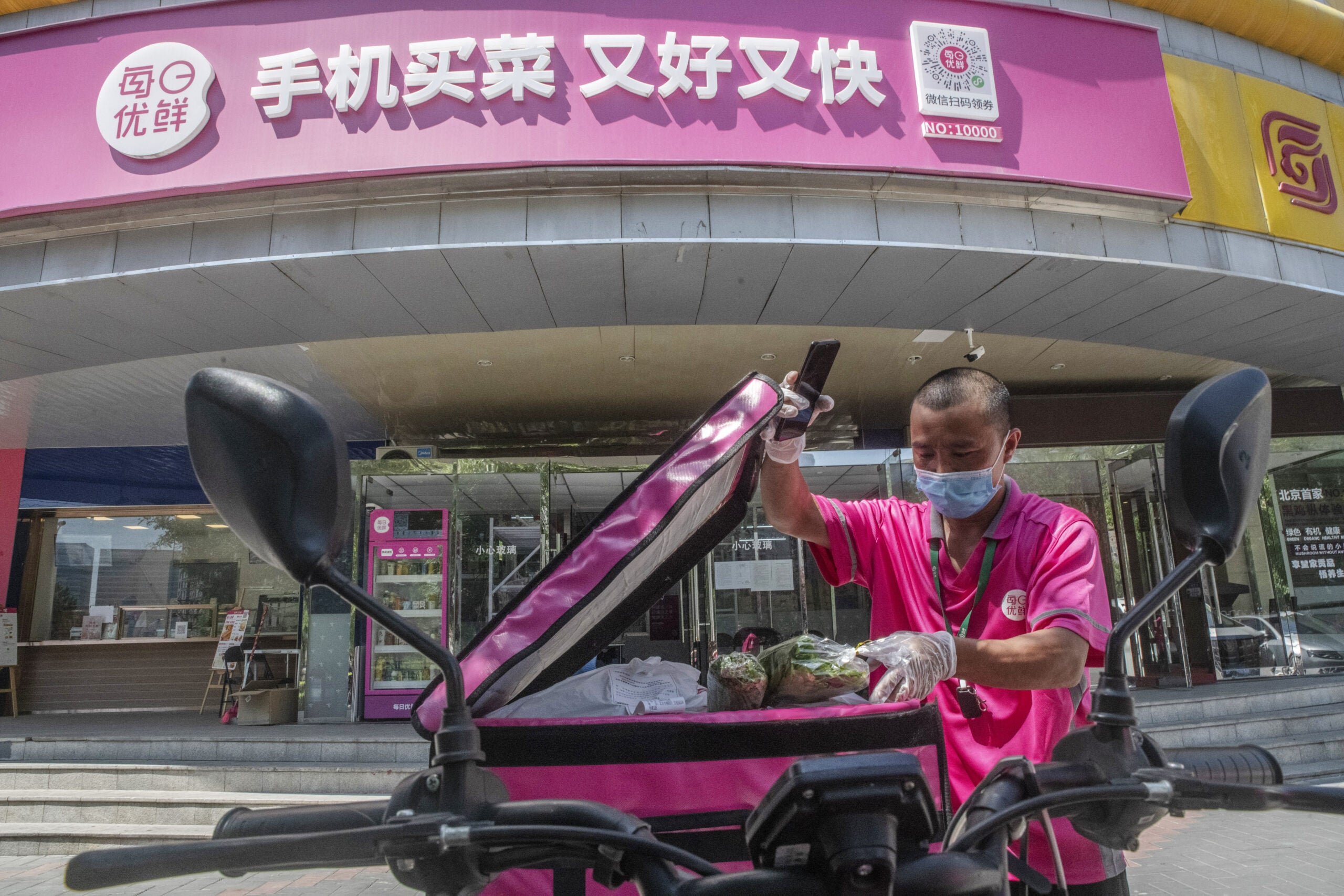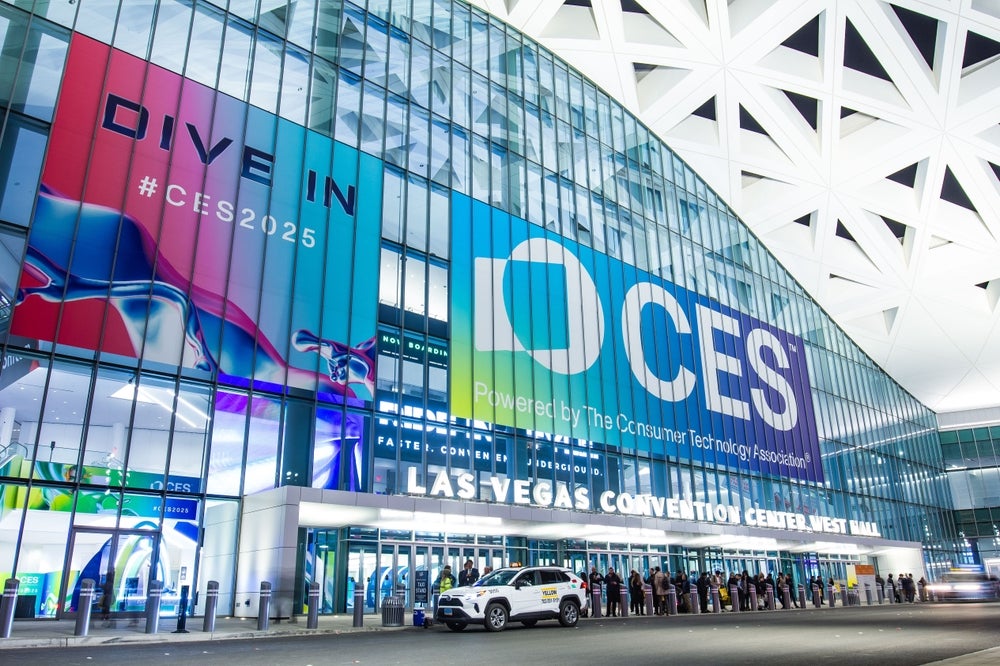
Chinese grocery delivery platform Dingdong, backed by SoftBank Vision Fund II, closed flat on its first day of trading in New York. This follows the last-minute decision to slash the size of its initial public offering (IPO) by 74%.
Dingdong’s stock opened at $28 a share on the New York Stock Exchange (NYSE) on Tuesday, up 19% from the IPO price of $23.50. It climbed as high as $29.99 during the day before closing at $23.52. At the end of the day, the Chinese startup was valued at $5.5bn.
The company updated its prospectus on Monday, stating that it aimed to raise up to $94.4m, compared to its initial plan of raising up to $357m. It also said it planned to sell 3.7 million American Depositary Shares (ADS) priced between $23.50 and $25.50 apiece. It had earlier stated that it aimed to sell 14 million ADSs.
The downsizing comes after rival produce delivery app Missfresh, backed by Chinese tech giant Tencent, plunged by 25.7% in its Nasdaq debut last week.
Both companies operate delivery services for fresh produce, including fruits, vegetables, dairy products, meat and beverages.
The Covid-19 pandemic has fuelled the demand for home delivery of fresh food, which resulted in a boom in business for Dingdong and Missfresh. However, both companies are still far away from reaching a break-even point.
How well do you really know your competitors?
Access the most comprehensive Company Profiles on the market, powered by GlobalData. Save hours of research. Gain competitive edge.

Thank you!
Your download email will arrive shortly
Not ready to buy yet? Download a free sample
We are confident about the unique quality of our Company Profiles. However, we want you to make the most beneficial decision for your business, so we offer a free sample that you can download by submitting the below form
By GlobalDataMissfresh reported a net loss of 610.3m yuan ($93.2m) in the first quarter of 2021, much larger than the 194.7m yuan net loss posted in the same period in 2020. The company has also never been cash flow positive.
Dingdong had a net loss of 1.38bn yuan ($211.4n) in the three months ended March 31. That was wider than the 244.5m yuan net loss in the same period of 2020, CNBC reported.
Moreover, the market for grocery delivery platforms faces fierce competition. The two startups are up against some of China’s biggest ecommerce giants, including Alibaba and JD.com, as well as food delivery company Meituan, each with strong logistics and supply chains.
Additionally, the sector is under increasing pressure from Chinese regulators amid antitrust probes. Household names such as Meituan and Alibaba-backed Nice Tuan were recently hit with hefty fines by the State Administration for Market Regulation (SAMR).
If you can make it here, you can make it anywhere
A growing number of Chinese tech firms have been eyeing IPOs in the US, where they get a better return. China’s Securities Regulatory Commission gives the freedom to Chinese companies to list anywhere, which led to companies deciding to make their stock exchange debut across the Pacific.
However, the appetite of American investors for Chinese tech firms appears to be decreasing. Full Truck Alliance, an Uber-like platform for trucks also backed by SoftBank, is now trading 6% below its initial offer price despite an initial rise in value of 13% on its first day of trading. Meanwhile, insuretech company Waterdrop saw its trading value drop 47% since its debut.
All eyes will be on Didi Chuxing, the Chinese ride-hailing giant, which is planning to raise $4.4bn in its New York debut, which may become the biggest IPO of a Chinese company in the US since Alibaba’s 2014 float.
On Tuesday, the company decided to price its debut at the top end of the indicated range and increase the number of shares sold, as per Reuters report citing sources familiar with the matter.






